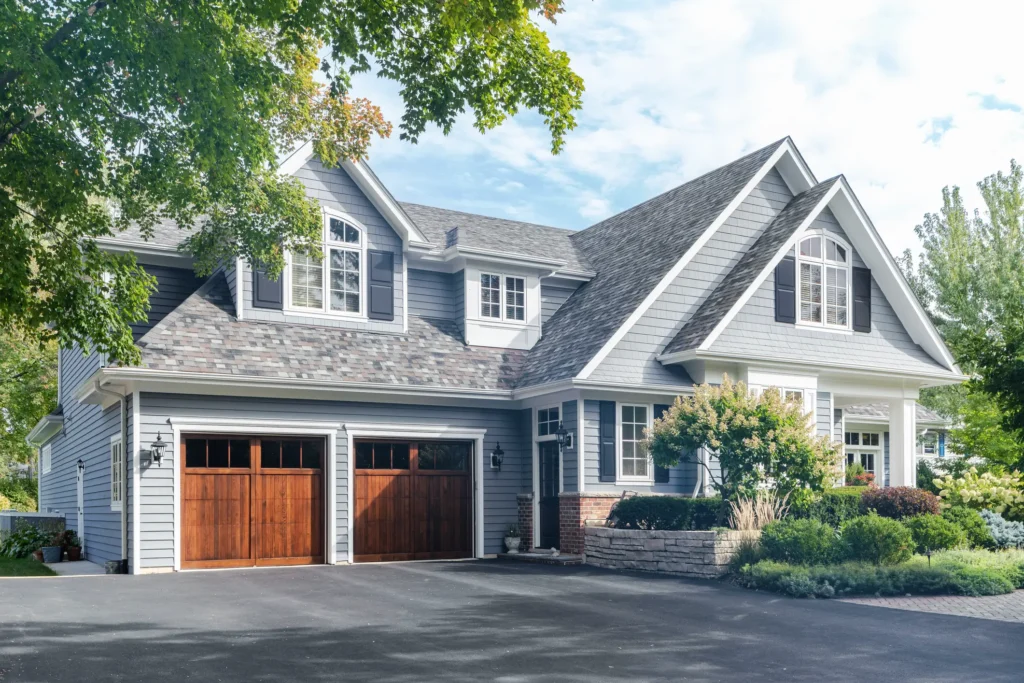Legal Definition
(a) A person who fails to survive the decedent by 120 hours is deemed to have predeceased the decedent for the purpose of intestate succession, and the heirs are determined accordingly. If it cannot be established by clear and convincing evidence that a person who would otherwise be an heir has survived the decedent by 120 hours, it is deemed that the person failed to survive for the required period. The requirement of this section that a person who survives the decedent must survive the decedent by 120 hours does not apply if the application of the 120-hour survival requirement would result in the escheat of property to the state.
(b) This section does not apply to the case where any of the persons upon whose time of death the disposition of property depends died before January 1, 1990, and such case continues to be governed by the law applicable before January 1, 1990.
Basic Definition
Section 6403: This section establishes that a person who does not survive the decedent by 120 hours is considered predeceased for intestate succession purposes unless the 120-hour requirement causes property escheat to the state.
In-Depth Overview and Use Cases
Section 6403 applies a 120-hour survivorship rule to determine heirs in intestate succession cases. If an heir cannot be proven to have survived the decedent by 120 hours, they are deemed predeceased. This section prevents uncertainty and disputes over property division. For instance, it applies in cases where multiple heirs die in quick succession, such as in accidents, making inheritance distribution complex. Exceptions include cases where applying this rule would escheat property to the state.
Application & Relevance
Section 6403 aids attorneys in resolving disputes over survivorship timelines and ensuring fair distribution of assets. It is particularly relevant in cases involving simultaneous deaths or missing heirs, allowing clear probate administration outcomes.
Legal Scenario
Breach of Fiduciary Duty
Probate Code Impact
Section 6403 applies to situations where the fiduciary’s actions, such as distribution of assets, are questioned because an heir may not have survived the decedent by 120 hours.
Legal Scenario
Estate & Probate Administration
Probate Code Impact
In probate administration, Section 6403 helps ensure that heirs are properly identified based on the 120-hour survival rule, preventing the misallocation of assets.











